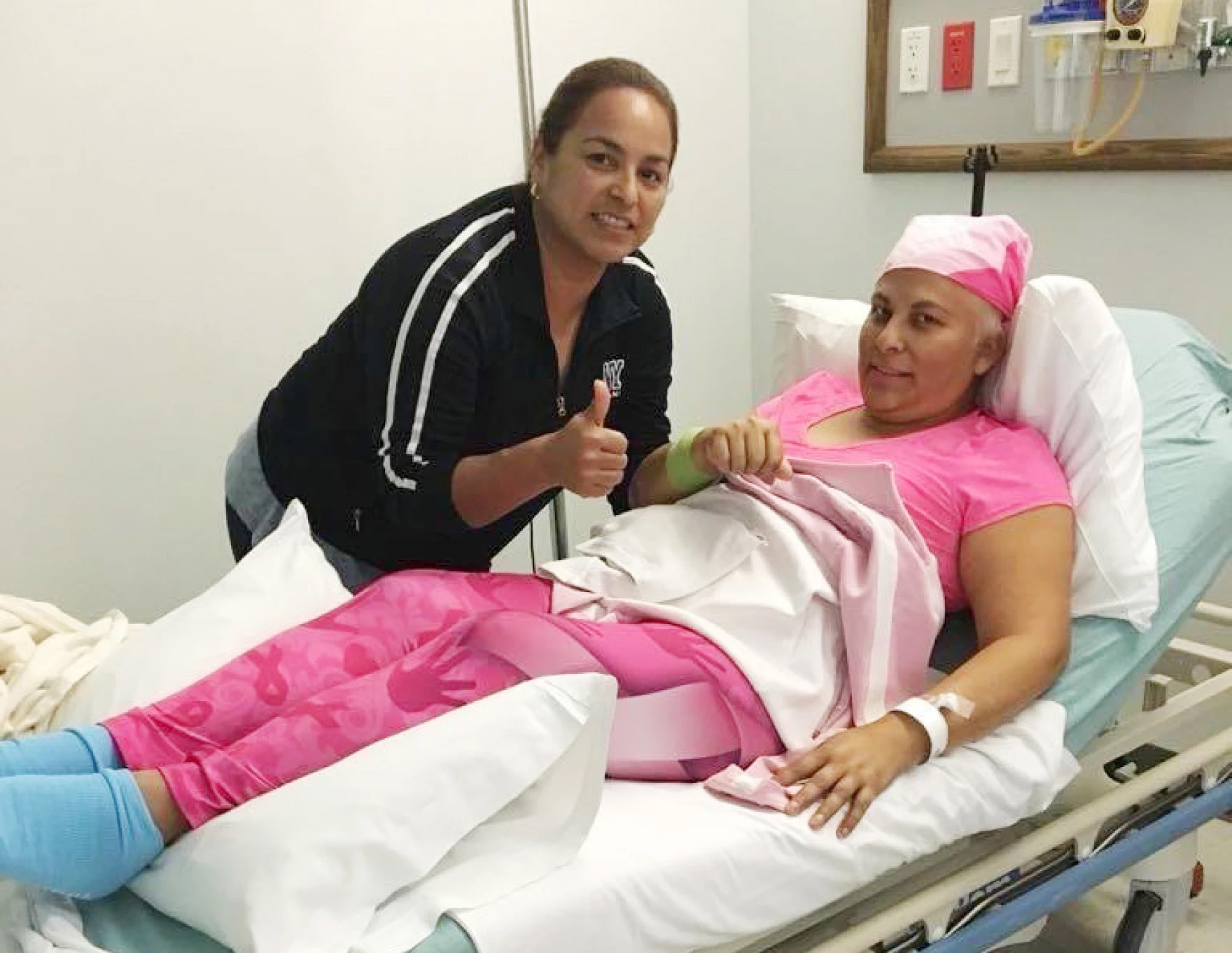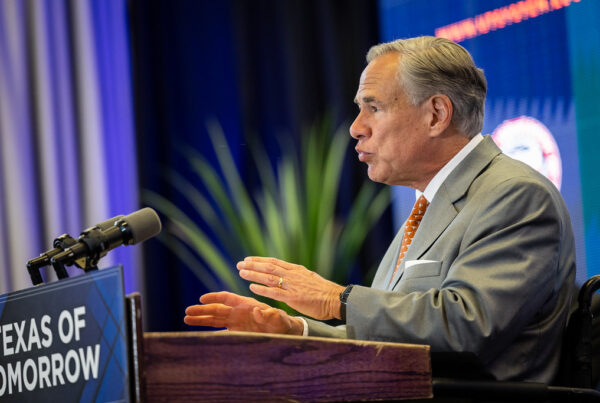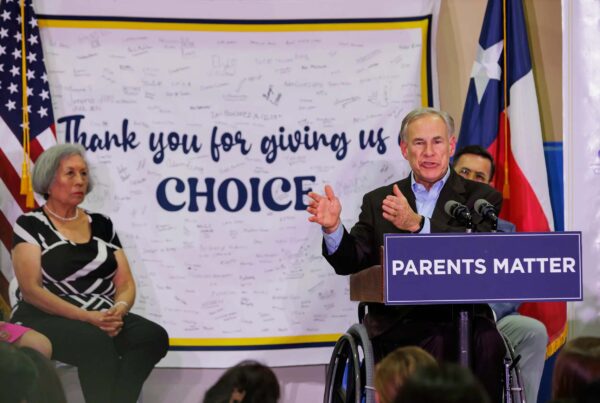From KUT:
Gloria Infante was diagnosed with cancer in 2016 after doctors found several large tumors growing in her breast. Her treatment included chemotherapy and a mastectomy. Without insurance, it was a heavy financial blow.
“My husband had to work harder than usual to be able to cover the expenses of the chemotherapy that they were giving me and pay for consultations,” Infante said in Spanish, her primary language.
Infante lives in Alamo, near the Mexican border, and received treatment at a clinic in San Juan, Texas. After her mastectomy, she said, she would have liked to have reconstructive surgery, but it was too expensive for her family, which she describes as low-income.
Infante is not alone in this experience; lots of breast cancer survivors can’t afford breast reconstruction, despite the important role many women say it plays in their emotional and psychological recovery.
The U.S. Women’s Health and Cancer Rights Act requires most insurance plans that offer mastectomy coverage to also pay for breast reconstruction. Medicaid is not subject to the law, however, and coverage varies by state. In Texas, Medicaid does cover the procedure, but some women still fall through the cracks or face long wait times.
The organization Mission Plasticos wants to help uninsured and underinsured women — including those who are undocumented and don’t qualify for Medicaid or other federal programs — get the surgery for free.
“[Breast reconstruction] is very inaccessible for uninsured women,” said Susan Williamson, executive director of Mission Plasticos. “It’s not an emergency, and the women aren’t in excruciating pain, so they’re always pushed to the back of the list.”
Lots of moving parts
Since 1998, Mission Plasticos has led missions to train doctors in under-resourced communities around the world to perform plastic surgery for children born with congenital conditions. Several years ago, the nonprofit turned its attention to the needs of breast cancer patients in the organization’s home base of California, launching the Reshaping Lives: Full Circle program.
“We partnered with multiple agencies that serve low-income individuals, and we discovered that the vast need was for post secondary breast reconstruction,” Williamson said.
This year, the Full Circle program expanded into Texas, with the help of volunteers at Austin Plastic Surgeon. Dr. Sean Arredondo, one of the surgeons at the practice, said Mission Plasticos is able to help coordinate the moving parts needed to make a pro bono surgery work. For instance, even if a surgeon is willing to donate their services, anesthesiologists, who typically bill separately, must also be secured. Mission Plasticos also partners with companies that provide the materials used in surgery, including silicone gel implants.
“It’s more than just one piece that has to fall into place for it all to work,” Arredondo said. “It’s really a very valuable way to connect with those patients, to take the breast cancer survivors and move them into the ‘thrive’ sort of section, because now they don’t necessarily have the physical reminders of all they’ve been through.”
Patients make the first move
That “physical reminder” affects people differently. One study in the Journal of the National Cancer Institute found that while some women report significant grief over the loss of their breasts and feel it impacts their sense of womanhood and femininity, others don’t. It depends on a woman’s individual relationship with her body.
Among those who do choose breast reconstruction, many report improvement in their self-esteem and body image. Because of the costs, however, this option is out of reach for some women. A 2017 study found that breast cancer patients with private insurance were more than three times as likely to seek immediate reconstructive surgery versus patients on Medicaid. Another study found low-income women reported costs had affected their treatment decisions, often at the expense of breast preservation or appearance.
Those are the women Mission Plasticos wants to connect with. Finding them is a challenge due to patient privacy laws, however. Williamson said the nonprofit does outreach to hospitals, clinics and breast cancer support organizations and encourages them to share information about the Full Circle program with patients. But if patients are interested, they have to make the first move.
Potential patients can reach out through the organization’s website. They can also call Mission Plasticos at 888-616-4202. That’s what Infante did when she saw a TV news report about the Full Circle program. By that point, she was cancer-free and had accepted that she wouldn’t be able to have reconstructive surgery. But when she saw the number on the screen, she thought, “Why not give it a shot?”
She became one of the first Full Circle program patients to get care at Austin Plastic Surgeon.
“It was a blessing,” she said in Spanish. “Sincerely, it was a blessing.”
Expanding the circle
Last month, Infante’s surgeon put in an expander, which helps stretch tissue to make space for implants. It was the first of two surgeries.
The logistics of getting surgery haven’t always been easy for Infante. She drives five hours from South Texas to make it to her appointments in Austin. Arredondo says this kind of barrier to access is a widespread issue for Texans in many areas of the state.
“They may have had breast cancer surgery, but now they can’t get reconstruction because there’s no one in the area that will do it,” he said. “And for some people, going to a different city to get surgery is just not an option.”
Eventually, Mission Plasticos hopes to get surgeons in other parts of the state on board, but for now, Austin is the only city with surgeons active in the Full Circle program.
Infante will have her permanent implants put in after the new year. But she says she already feels a change in herself since undergoing the first surgery.
“It’s not about vanity,” she said in Spanish. “From the first day I came out of surgery and saw that my chest had volume again, my mind felt more relaxed and happy. It’s not to please other people, but to feel good about yourself.”














